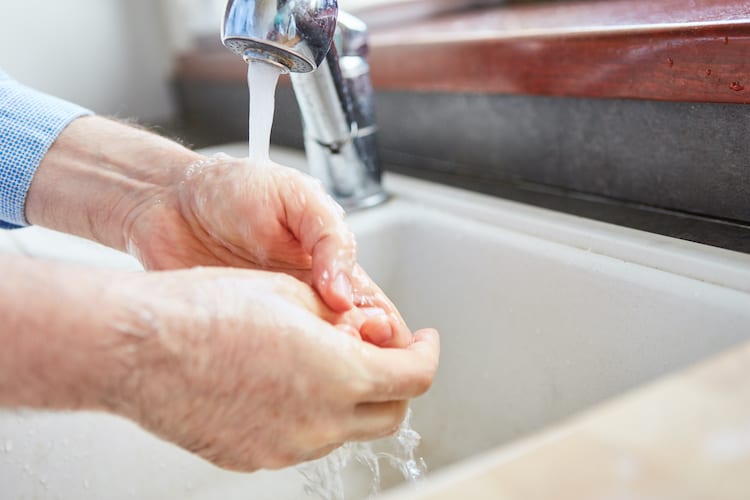
The Importance of Personal Hygiene: Practices for a Clean and Healthy Life
Personal hygiene plays a vital role in maintaining good health and preventing the spread of diseases. It encompasses a range of habits and practices that contribute to overall cleanliness and well-being. In this article, we will explore the importance of personal hygiene and discuss essential practices for a clean and healthy life.
- Hand Hygiene: Regular handwashing is one of the most effective ways to prevent the spread of germs. Wash your hands with soap and water for at least 20 seconds, especially before eating, after using the restroom, and after coughing or sneezing. If soap and water are unavailable, use hand sanitizer with at least 60% alcohol.
- Oral Hygiene: Maintaining good oral hygiene is essential for overall health. Brush your teeth twice a day for two minutes each time, using fluoride toothpaste. Don’t forget to floss daily to remove plaque and food particles between your teeth. Regular dental check-ups are also important to identify and address any oral health issues.
- Bathing and Showering: Taking regular baths or showers helps keep your body clean and refreshed. Use mild soap or body wash to cleanse your skin, paying attention to areas prone to sweating and odor. Cleanse your scalp and hair regularly to remove dirt and excess oils. Remember to dry yourself thoroughly to prevent the growth of bacteria and fungi.
- Hair and Nail Care: Maintain clean and healthy hair by washing it regularly with shampoo and conditioner suitable for your hair type. Keep your nails trimmed and clean to prevent the accumulation of dirt and bacteria. Avoid biting your nails or picking at your cuticles to minimize the risk of infections.
- Clothing and Laundry: Wear clean clothes every day and change them regularly. Launder your clothes, beddings, and towels frequently to eliminate dirt, sweat, and germs. Follow the instructions on garment labels for proper washing and drying.
- Respiratory Hygiene: Practice good respiratory hygiene to prevent the spread of respiratory infections. Cover your mouth and nose with a tissue or your elbow when coughing or sneezing. Dispose of used tissues properly and wash your hands afterward. Avoid touching your face, especially your eyes, nose, and mouth.
- Personal Grooming: Maintaining personal grooming habits contributes to overall cleanliness and boosts self-confidence. Trim and groom your hair, shave regularly if needed, and use deodorant to control body odor. Pay attention to skincare by cleansing, moisturizing, and protecting your skin from the sun.
Prioritizing personal hygiene is essential for a clean and healthy life. By practicing good hygiene habits, you can prevent the spread of germs, reduce the risk of infections, and promote overall well-being. Remember, personal hygiene is not only about physical cleanliness but also about fostering self-care and respect for yourself and others.
For further information or inquiries, please feel free to contact me at [email protected].
Note: This article is for informational purposes only and does not constitute professional advice.